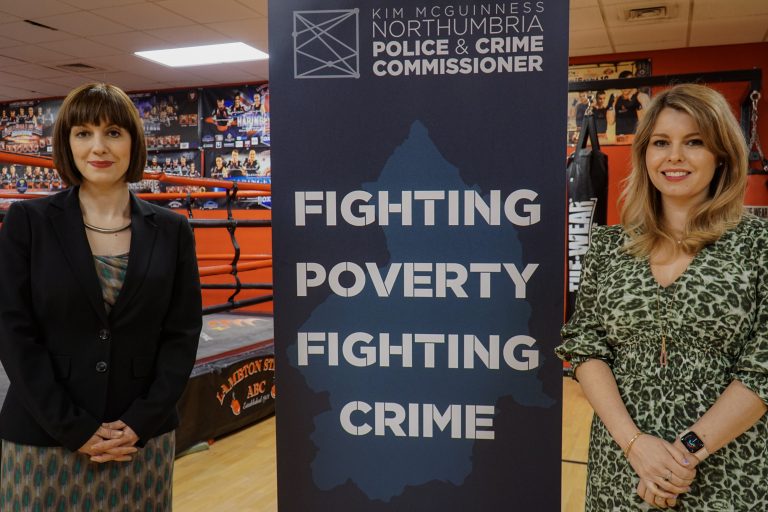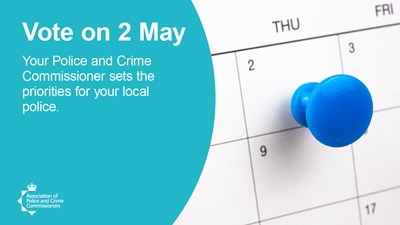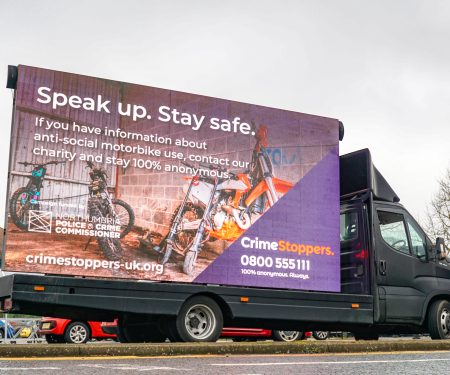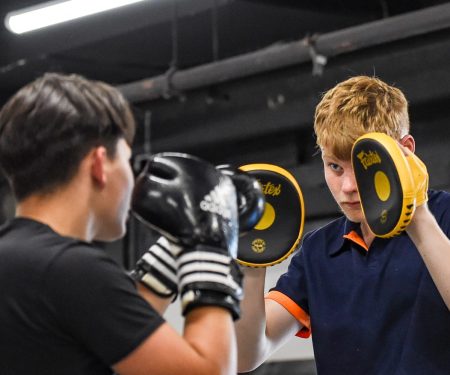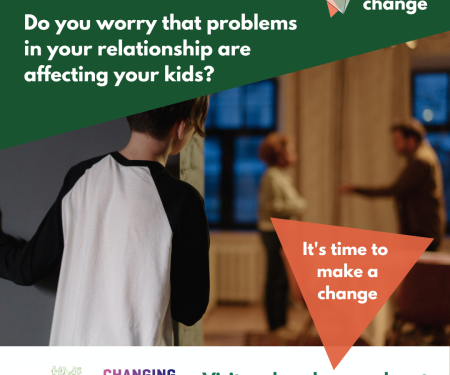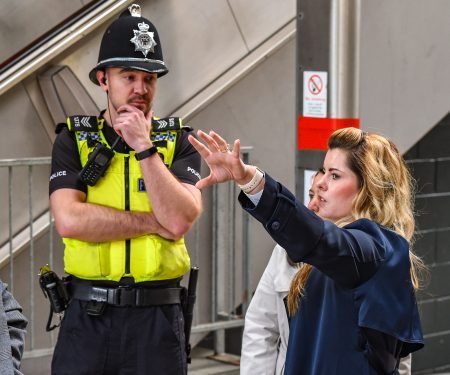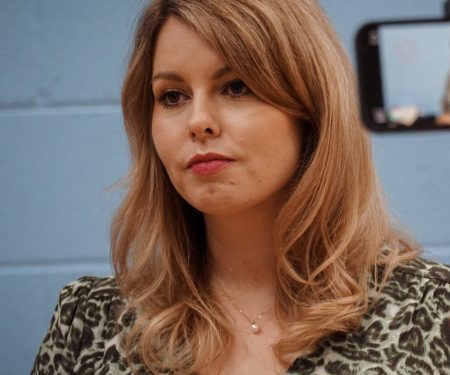To kick-start the unveiling of a new approach to tackling crime across Northumberland, Tyne and Wear, PCC Kim McGuinness is handing out £180,000 of cash to a range of community causes through her Operation Payback 2022 scheme.
The scheme’s pot of money uses cash criminals have taken from communities, in the Northumbria Police Force area, and puts it back into projects and initiatives that make a difference.
The aim of Operation Payback is to prevent crime and anti-social behaviour, which will ultimately improve lives for residents and lead to fewer victims of crime in the future.
This links in with the Commissioner’s new ‘Fighting Poverty, Fighting Crime’ Plan – which is the new plan for local policing.
Yesterday, the Northumbria Police and Crime Panel signed off the Commissioner’s plan – making it the first plan of its kind to focus on poverty and reducing of crime through boosting jobs and youth opportunities for the region as a way of supporting operational policing.
For a full list of projects benefiting from Operation Payback, click HERE. Examples include:
- Highfield Village Community Action Group, GATESHEAD – funding to help set up a community centre.
- Amble Links FC, NORTHUMBERLAND – funding to purchase training kits to reduce pressures on parents to have the newest kits for their child.
- Mindstars NE, NORTH TYNESIDE – offering children living in poverty with free access to weekly mental health sessions for 6 months to reduce the need for crisis support.
- Sports for Youth, NEWCASTLE – funding activity camps targeted at low-income families
- Escape Intervention Services, SOUTH TYNESIDE – activity programme to divert young people from ASB and improve their life chances.
- Pallion Action Group, SUNDERLAND – Diversionary activities for young people, most at risk of exploitation.
Put into practice the new ‘Fighting Poverty, Fighting Crime’ plan is about:
Working with local businesses to grown job opportunities across the region – work is the most important way out of poverty.
Work with public transport providers to ensure travel is affordable, reliable and also safe – without good transport links people can’t access opportunities.
Funding positive youth initiatives – giving young people an alternative to anti-social behaviour and working with those who are the biggest risk to others.
Supporting the whole family – commissioning services that not only support those on the cusp of crime but help the wider family to be more resilient.
Building on existing education and intervention projects ran by the Violence Reduction Unit and Northumbria Police – to grow awareness and understanding around healthy relationships and knife crime.
Northumbria Police and Crime Commissioner, Kim McGuinness, said: “I am making it my business to tackle deep-rooted poverty in our region because for too long Government has simply not cared; well I do.
“Crime and its effects hurt our region’s poorest the most and we can’t allow it. It’s sad but it’s true, that more deprived an area, the more crime there is – I want there to be less victims of crime so we have to take this on.
“It goes without saying we need a well-resourced police force but this is shifting the focus to make sure we give our children the best possible. This has to be better than handing out punishments when they’re older. Any police officer will tell you we can’t arrest our way out of crime.”
“While criminals are likely to come from poorer backgrounds, this is not to say people who are poor are likely to be criminals. It does, however, make you more likely to be a victim of crime. This needs fixing.”
Speaking about the money being channelled into grass-root projects as part of Operation Payback, she added: “A lot of these projects are a lifeline to so many families, especially those facing difficulties.
“There is such brilliant work happening that needs to be celebrated – fantastic organisations that are serving their communities and preventing crime, up and down the North East. This money is to help them keep doing what they are doing. I for one recognise and value what they do and how they are improving lives.”
ENDS

